Money transfers of 500 million VND or more must be reported.
Effective from November 1, Circular No. 27/2025/TT-NHNN guides the implementation of a number of articles of the Law on Anti-Money Laundering.
The Circular stipulates the reporting regime for electronic money transfer transactions. Specifically, the reporting entity is responsible for collecting information and reporting to the Anti-Money Laundering Department using electronic data when conducting money transfer transactions in the following cases: Money transfer transactions in which organizations participating in the transaction are located in the country with a value of VND 500 million or more or equivalent foreign currency; money transfer transactions in which organizations participating outside the territory of Vietnam have a value of USD 1,000 or more...
The Circular also stipulates the value and documents to be presented to border customs when carrying foreign currency in cash, Vietnamese Dong in cash, negotiable instruments, precious metals, and gemstones exceeding the prescribed level.
Accordingly, the value of precious metals (except gold) and precious stones is 400 million VND. Similarly, the value of transfer instruments is also 400 million VND. The value of foreign currency in cash, Vietnamese Dong in cash and gold that must be declared at the border customs when exiting or entering the country is implemented according to the current regulations of the State Bank on carrying foreign currency in cash, Vietnamese Dong in cash and gold when exiting or entering the country.

From November 1, money transfers of 500 million VND or more must be reported. (Illustration photo).
Credit institution rating according to new standards
Effective from November 1, Circular 21/2025/TT-NHNN regulates the rating of credit institutions and foreign bank branches.
Accordingly, the ranking will be carried out annually based on criteria including capital safety, asset quality, management capacity, business results and liquidity. This regulation aims to comprehensively assess the financial health of credit institutions, enhance transparency in banking operations and serve as a basis for management agencies to apply appropriate monitoring measures.
The ranking results are divided into many levels, which are an important basis for licensing network expansion, deploying new products and services and managing credit risks. Banks must review their internal management and control systems to meet the new criteria, contributing to improving the quality of the entire system.
Commercial banks are allowed to receive gold bars.
Circular 33/2025/TT-NHNN takes effect from November 15, amending and supplementing Circular 17/2014/TT-NHNN on classification, packaging and delivery of precious metals and gemstones.
According to the Circular, the State Bank and credit institutions are allowed to deliver and receive gold bars according to purchase, sale or processing contracts. The delivery and receipt must be carried out in accordance with the correct procedures, with legal documents, clear seals and responsibility for the quality and quantity of gold bars.
The Circular also classifies gold into three groups: Jewelry - fine art gold (8 Karat content or more), gold bars (with specific codes, parameters and standards) and raw gold (in the form of bars, grains, and pieces). Gold bar packaging must be anti-counterfeit and comply with the standards of commercial banks or businesses licensed to produce gold bars.
In addition, the new regulation tightens the packaging and sealing process: Gold bars of the same type are packed in lots of 100 or multiples of 100 (maximum 500 pieces); raw gold is packed in lots of 5 or multiples of 5 bars (maximum 25 bars), placed in stainless metal boxes, sealed and clearly labeled with verification information.
Promulgating the Vietnamese Economic Sector System
The Prime Minister signed Decision No. 36/2025/QD-TTg, promulgating the System of Vietnamese Economic Sectors, effective from November 15.
This system updates and standardizes the list of industry codes in line with the trend of digital transformation, green economic development and international integration. The Decision clearly stipulates the principles of using industry codes in business registration, investment registration, state statistics and administrative databases. Enterprises are required to review and update their business registration industry codes to ensure consistency and avoid errors when performing administrative procedures or reporting statistics.
The application of the new system is expected to synchronize national economic data, helping to improve efficiency in policy making.
Regulations on cashless payments
Effective from November 18, Circular 30/2025/TT-NHNN amends and supplements a number of articles of circulars regulating the provision of non-cash payment services.
In particular, Clause 10, Article 3 of Circular 15/2024/TT-NHNN (amended and supplemented by Article 1 of Circular 30/2025/TT-NHNN) stipulates that identification documents used in non-cash payment services include: CCCD card, ID card or electronic ID card (for individuals who are Vietnamese citizens); ID certificate (for individuals of Vietnamese origin whose nationality has not been determined).
For foreigners residing in Vietnam, use a passport or other documents proving identity issued by a competent foreign authority, accompanied by an entry visa or a document that can replace a visa or documents proving visa exemption or electronic identity (through access to a level 2 electronic identification account) (if any).
Encountering natural disasters and epidemics is not considered as evasion of social insurance payment.
Effective from November 30, Decree 274/2025/ND-CP details a number of articles of the Law on Social Insurance (SI) on late payment, evasion of compulsory SI, unemployment insurance; complaints and denunciations about SI.
Specifically, Article 4 of this Decree stipulates that cases are not considered as evasion of compulsory social insurance and unemployment insurance when there is one of the reasons announced by the competent authority on natural disaster prevention and control, emergency, civil defense and disease prevention and control: storms, floods, inundation, earthquakes, major fires, prolonged droughts and other types of natural disasters that directly and seriously affect production and business activities.
In addition, there are dangerous epidemics announced by competent state agencies, seriously affecting production and business activities and financial capacity of agencies, organizations and employers; emergency situations as prescribed by law causing sudden and unexpected impacts on the operations of agencies, organizations and employers.
In addition, other force majeure events as prescribed by civil law are not considered as evasion of social insurance payment.
Source: https://vtcnews.vn/loat-quy-dinh-co-hieu-luc-tu-thang-11-co-the-tac-dong-den-tui-tien-nguoi-dan-ar984301.html


![[Photo] Prime Minister Pham Minh Chinh chairs the second meeting of the Steering Committee on private economic development.](https://vphoto.vietnam.vn/thumb/1200x675/vietnam/resource/IMAGE/2025/11/01/1762006716873_dsc-9145-jpg.webp)





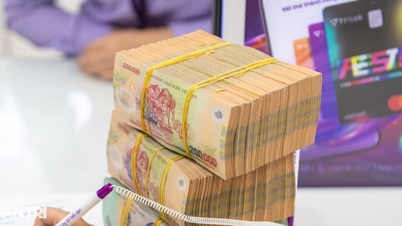



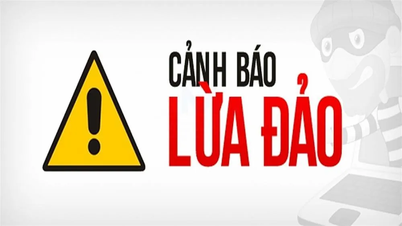














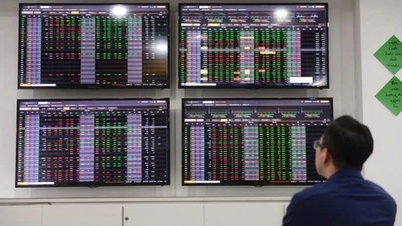


































































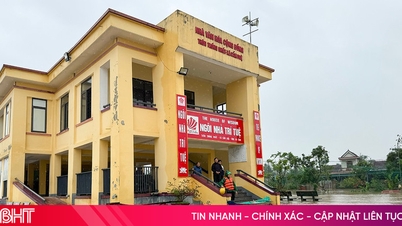














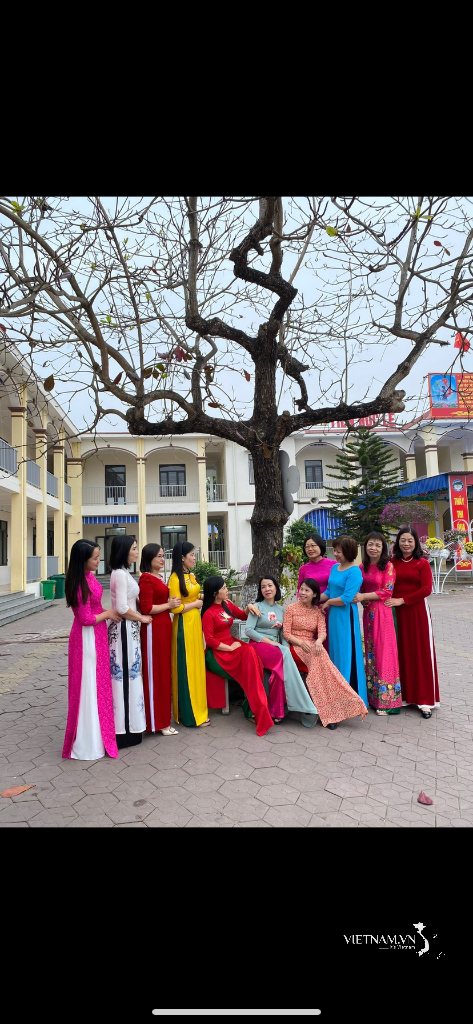


Comment (0)